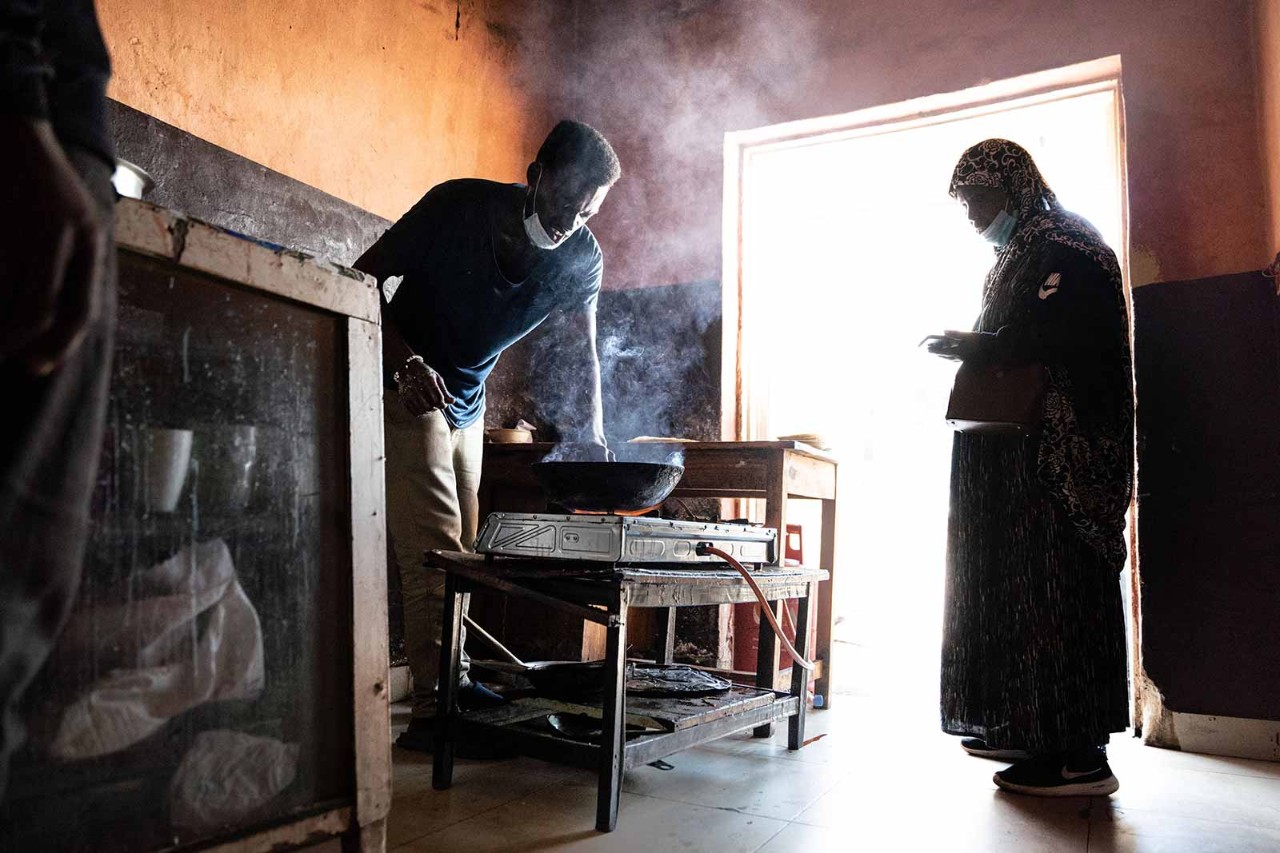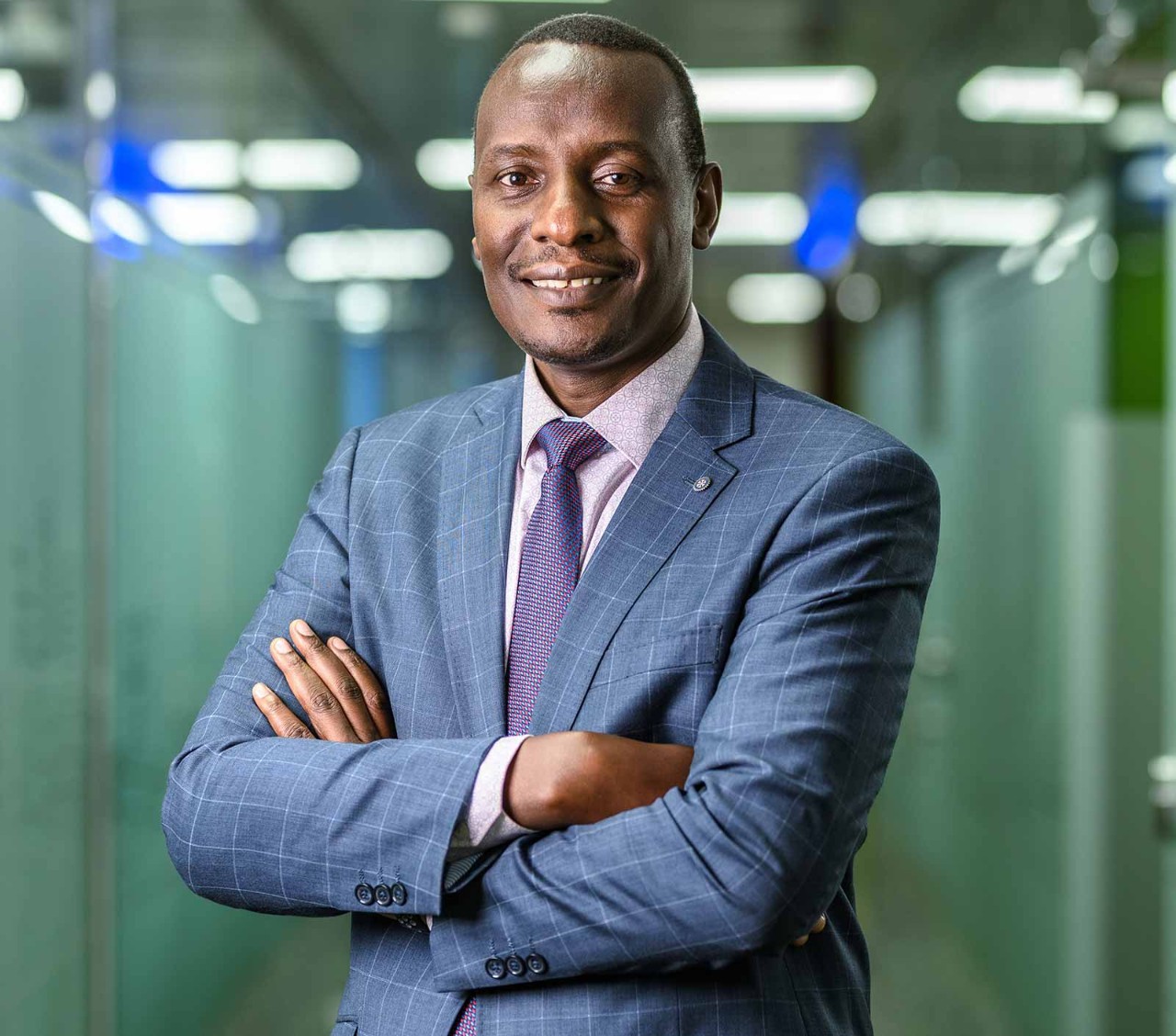
As part of the research for an upcoming report on the state of the profession in Africa, conducted in partnership with the Pan African Federation of Accountants (PAFA) and PwC, ACCA spoke to senior officials in various countries about the importance of accountants in public sector financial management. Here we share comments from some of them.
Nigeria: changes afoot
Ahmed Idris, accountant general
Many competent professional accountants and auditors have retired from public service in Nigeria. At the same time, we have noticed a shortage of young accountants and auditors to fill the gaps.
It’s a serious challenge and we are articulating a paper to present to government for something drastic to be done. We have embarked on a campaign to train young accountants, encouraging them to pursue academic courses and join professional bodies.
These challenges are being addressed through training and capacity building, and collaboration with national and international institutions, but we are not there yet. We need more capacity, more funding and more acceptance of the need.
Accountants play a significant role in driving the implementation of public finance management (PFM) reforms, such as International Public Sector Accounting Standards (IPSAS), treasury single account and the government integrated financial management system. The Office of the Accountant General of the Federation is championing these initiatives.
‘Accountants play a significant role in driving the implementation of public finance management reforms’
IPSAS implementation at federal level has made excellent progress but, at sub-national level, we have about one-third compliance. About 12 states have fully complied and are implementing IPSAS standards; we are supporting the other 24 so that we are rated globally as a country that truly accepts and implements these standards.
Accountants must also take opportunities to train themselves, and keep up with changes and emerging trends. Accountants should take on strategic roles and show they are more knowledgeable in key areas.
Rwanda: reform process
Alexis Kamuhire FCCA, auditor general
Rwanda’s economy is improving and growing quickly, so we need more accountants.
We developed a learning and development strategy back in 2017-18, where we identified the need for professionals in public finance – mainly accountants but also procurement professionals. In total, we need more than 5,000 people to support PFM, made up of accounting technicians and professional accountants. There was a plan to reach that number over 15 years; we now have between 600-700 professionally qualified accountants working in Rwanda. Of this number, nearly 400 are registered by the local professional body, the Institute of Certified Professional Accountants of Rwanda (ICPAR), including some 100 who hold dual ACCA and ICPAR certification.
We fund students on the basis that they work for the public sector for three years after graduation. But in practice, they often leave to join private sector organisations before they complete two years. We have accepted that, though, because they’re still contributing to the national economy.
We are reforming not only accounting but also procurement through laws and regulations. We are also carrying out reforms of procedure and process by way of IT systems that support PFM. Around 95% of the funding we receive is spent on the accounting profession.
Political buy-in is important. In 2006, we had very few accountants – perhaps fewer than five. In 2008, the law establishing the accounting profession was approved by parliament and ICPAR was created.
Since then, we have seen significant improvement. Back in 2008, perhaps one or two public institutions were able to get an unqualified opinion from the auditor general for their report. Since then, the number has kept increasing. When the political will is there, funds are available and there is a great leap forward.
‘We want all our staff to become professional accountants to make this office stronger’
In the auditor general’s office we are still building capacity. We still need more professional accountants, but in terms of skills and competency we are good compared with the rest of public sector and count 44 professional accountants here in the OAG. For now, we are doing financial audit, performance audit and compliance audit, but we need to do more forensic audit.
In terms of support from ACCA, we always need it as we need to build the numbers. We are still sponsoring students, and we want more – we want all our staff to become professional accountants to make this office stronger. I’m an ACCA member myself and I wish all my staff to be members of ACCA or CPA. It is very important is to give service to the rest of the republic so we are here for Rwanda’s citizens.
South Africa: seeking quality
Tsakani Maluleke, auditor general
National Treasury has made some progress in filling vacant positions with appropriately qualified personnel. However, key positions are still vacant. To mitigate the risks, National Treasury has filled these positions in an acting capacity.
The auditing standards and our methodology require us to express opinions on the financial statements. We interrogate the numbers submitted and the controls implemented in the finance environment. Accountants compile the information used to prepare financial statements, including other information published in the annual reports, and ensure it is accurate, valid and in compliance with legislation and audit regulations.
Our teams liaise with accountants the majority of the time; without them, it would be difficult to obtain quality financial statements for audits.
Teams consist of accountants and candidates still studying to obtain an accountancy qualification. For us to be able to express an opinion on the financial statements submitted for audit, to detect errors and fraud, to be efficient and provide recommendations, we need to have an understanding of the financial accounting framework used by our clients, and be able to interrogate the accounting treatment for individual components of the financial statements and the implemented controls.
Accountants play an important role from both perspectives.
East and Southern Africa: professionalisation drive
Nokwanda Mngeni, technical director, East & Southern African Association of Accountants General
The mandate of ESAAAG (soon to become the African Association of Accountants General – AAAG) is public sector capacity building and effective reform in the offices of Africa’s accountants general. When we visit a country for the purpose of understanding their reforms and capacity building requirements, we speak to the accountant general, the auditor general, the professional accountancy organisation and other government stakeholders, and then report back to the accountant general.
When looking at reforms, we look at four areas: integrated financial systems, legislation, IPSAS implementation, and professionalisation. In some areas, we’ve sensed some reluctance to engage, so we have also created a website as a resource centre, so that if somebody doesn’t want to talk to us, they can still find the information.
‘Drive from the top is critical. It takes passion and commitment to identify a way around any barriers’
In terms of professionalisation levels, we struggle to get a baseline – where have we come from and where are we now. That deprives us of a sense of professional capacity in a particular country. Most are struggling to upgrade their staff to being professionals. I get a sense sometimes that accountants general are feeling overwhelmed with their own work.
But there is a zeal for professionalisation. A good example is Somalia, which we know is coming from behind. The drive they have for professionalisation is amazing. Drive from the top is critical; it takes passion and commitment. If you have that, you will identify a way around any barriers.
The quality of the audit will depend on who you have, how much they have been trained and how much they’re kept abreast of what’s going on. Much depends on the culture.
I’d like to see a change in the role of the accountant general. They are the ones in the kitchen cooking. They put the plate on the table, and the auditor general critically tastes the plate and provides an opinion. The key is in the kitchen; there is a need to build a culture of accountability in the kitchen.
I believe that accountants general should not be confined within their sphere of operation; they should go beyond and champion the case for accountability. It’s not going to be easy. But they are senior enough to take the minister aside and talk about what needs to be done.
Our countries are not progressing, so somebody needs to make a deliberate decision to do the right thing – and lobby others in the process. As accountants, we were never taught how to lobby, but the higher you go, the more you need to do it.
More information
Watch out for the ACCA/PAFA/PwC report, State of the Accountancy Profession in Africa, due to be published in early May




